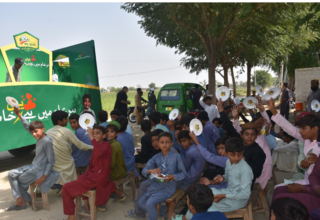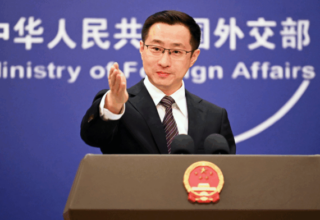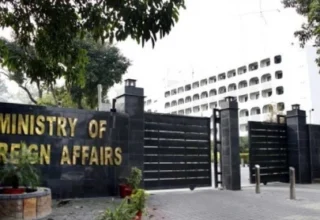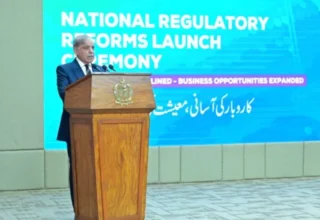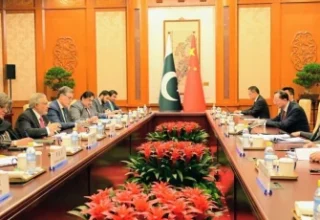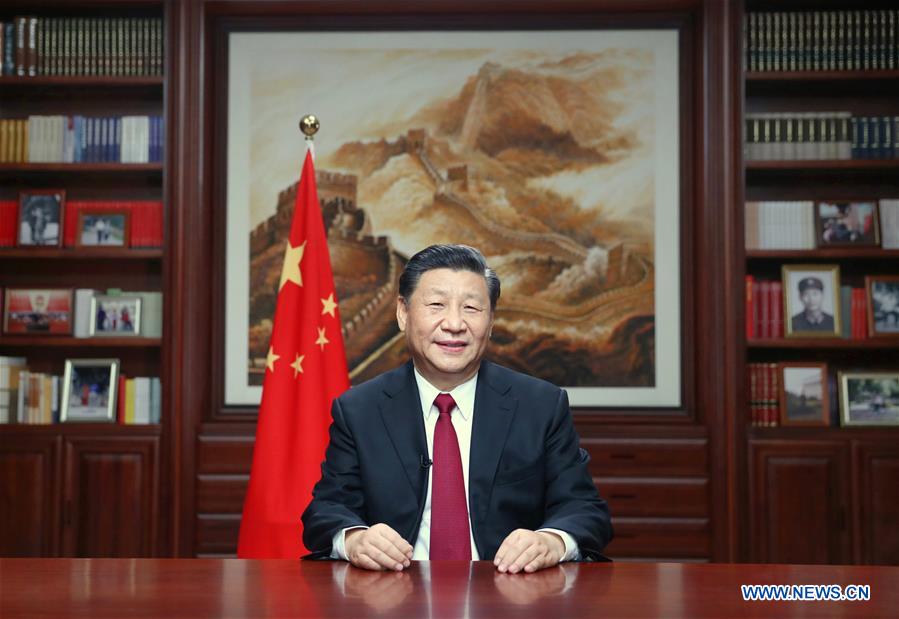
CHINA ECONOMIC NET
BEIJING, China – Chinese President Xi Jinping began his pre-Chinese New Year domestic inspection tour Sunday, visiting southwest China’s Yunnan Province.
He headed for a village of the Wa ethnic group to learn about poverty alleviation efforts and extend his festival greetings to the villagers.
The Chinese New Year, which falls on Jan. 25 this year, is the most important festival for Chinese people, who beat all odds to return home to be with their families and friends.
Before previous Chinese New Year festivals, Xi, also general secretary of the Communist Party of China Central Committee and chairman of the Central Military Commission, would always visit the homes of ordinary people.
Many of the families Xi visited were the disadvantaged and poor who live in tough environments and in remote areas. It is these people Xi cares deeply about, with the battle against poverty being his top priority.
During the visits, he would sit down with them, listen to their concerns and join them for festival preparations ranging from making sticky rice cakes to frying dough and pasting red paper cuttings.
In 2019, he walked into traditional courtyard homes in Beijing.
In 2018, he trekked mountains to visit ethnic minority villages in Sichuan Province.
In 2017, he went to the snowy countryside in Hebei Province.
In 2016, he traveled to the “cradle of the Chinese revolution” in Jiangxi Province.
In 2015, he returned to the village of Liangjiahe in Shaanxi Province, where he spent seven years in his youth living and working alongside peasants.
In 2014, he braved the ice and snow to visit families living on pastures and forest farms in Inner Mongolia Autonomous Region.
In 2013, he visited poor villages in remote and barren mountains of Gansu Province.
DIFFERENT FAMILIES, SAME GOAL
Jihaoyeqiu’s house was perched on a hill in mountainous Liangshan Yi Autonomous Prefecture, one of China’s last pockets of deep poverty.
In 2018, Xi visited Jihaoyeqiu’s ramshackle home. He checked the family’s living conditions and asked whether they had enough to eat and wear. In a later conversation, one of Jihaoyeqiu’s fellow ethnic Yi villagers said she used to believe that she was haunted by ghosts as she often fell sick.
Xi said in the past there were “ghosts” of poverty and backwardness. But as people gain more knowledge, attend to personal hygiene and live higher-quality lives, these “ghosts” are being banished.
“Our socialism aims to create good lives for the people,” Xi said.
He is determined to eradicate absolute poverty which has haunted the nation for thousands of years. In 2013, he put forward “targeted poverty alleviation,” and a goal was later set to eliminate extreme poverty by 2020.
Over 10 million Chinese people shook off poverty every year since 2013. Jihaoyeqiu is one of them as his family moved into a 100-sq-meter four-bedroom home in a new relocation village out of the inhospitable area.
Fate also changed for Xu Haicheng. In 2017, Xi sat down with him in his rural home in Zhangbei County and helped sort out Xu’s family budget.
Xu told Xi that his family of four earned over 43,000 yuan (6,269 U.S. dollars) a year growing potatoes, beets and oats but had to shell out more than 35,000 yuan for his wife’s medical bills and his daughter’s college expenses. After spending on daily necessities, Xu had little money left for the extras.
Xi consoled him, pledging continuous support for families like Xu’s and called on cadres to help by designing more effective targeted poverty relief measures and fostering more sustainable industries.
Eliminating poverty, improving livelihoods and achieving common prosperity are the goals the Party has always been committed to, Xi said.
Jinggangshan was a base for the Party in its early revolutionary days. But the “cradle of the Chinese revolution” was also facing a tough fight against poverty when Xi visited in 2016.
Xi went to the home of Zuo Xiufa, a Red Army martyr descendant, learned that the family planned to earn extra income by making bamboo tubes and wished them good fortune.
Out on the streets, he joined locals in making sticky rice cakes. In the home of Zhang Chengde, Zhang’s wife commended Xi for governing the country well so that ordinary people have a sense of fulfillment.
“The people are the masters of the country,” Xi responded. “The job of all officials, myself included, is to serve the people.”
Observers said though Xi visited families of various backgrounds, he stuck to one task: leading the people to strive for better lives.
In 2019, a campaign themed “staying true to our founding mission” was launched to ensure the Party remains true to its original aspiration and keeps its founding mission firmly in mind.
“All the hard work, struggles and sacrifices the Party has made since its founding are for the happiness of the Chinese people and the rejuvenation of the Chinese nation,” Xi said at a meeting to summarize the campaign earlier this month.

